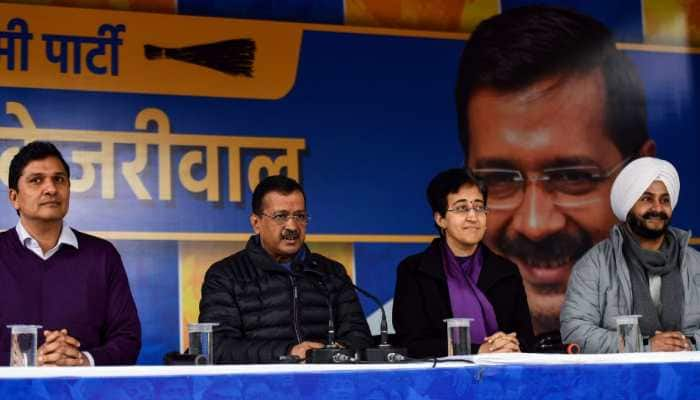'Consumers likely to feel pinch as coal freight hike may force companies to shift burden'
Hike in coal freight charges by Railways will adversely impact the domestic cement industry with a hit of over Rs 2,000 crore and is likely to force companies to pass on the burden to consumers, industry experts say.
Trending Photos
)
New Delhi: Hike in coal freight charges by Railways will adversely impact the domestic cement industry with a hit of over Rs 2,000 crore and is likely to force companies to pass on the burden to consumers, industry experts say.
Last week, Indian Railways facing a shortfall in freight loading, rationalised its coal tariff by reducing long-distance transportation rates, while raising it for short distances.
It also imposed a Rs 110 per tonne coal terminal surcharge at loading and unloading for distances beyond 100 km.
As per the new rate, coal loading would cost Rs 712 per tonne for transportation up to 497 km now as against Rs 702. It will be Rs 2,138 a tonne for 1,807 km transportation now as against the existing rate of Rs 2,348.
Cement Manufacturers' Association President Shailendra Chouksey said the move will have an inflationary impact on the sector.
Coal, which is the main raw material for cement will on an average suffer a 20 per cent increase in freight that would translate into increase in input cost for the manufacturers, he added.
Besides, the coal freight hike will impact the cost of power as its generation is coal dependent, he said.
"With power being another major cost centre for cement production, the effect on the sector would be cascading. It is expected that cement industry will suffer a combined impact of over Rs 2,000 crore.
"In the current situation, cement players would find it difficult to absorb this increase and therefore, I will not be surprised if the cement prices go up," Chouksey said.
According to Edelweiss Securities, in near term, increase in freight rates is negative for cement and power utilities (merchant players).
Commenting on the rate hike, it said railway data suggests that average lead distance of coal shipments is declining and stands at around 486 km versus 545 km in 2014-15 fiscal.
"Hence, one can infer that such moves may bolster revenue for Indian Railways in the short term, however, we are unsure if this tariff structure will arrest the long-term declining market share trend of rail in shipments," it added.
On doubts over the move helping railways to check the declining market share in the long therm, it said that overall leads in freight movements both in bulk/ container have been structurally declining.
"Probably, in the short run none of the bulk cargo shipments may move from rail to road. But, as seen in the cement sector, over a period of time the shift does take place," the firm said.
Stay informed on all the latest news, real-time breaking news updates, and follow all the important headlines in india news and world News on Zee News.
Live Tv







)
)
)
)
)
)
)
)
)
)
